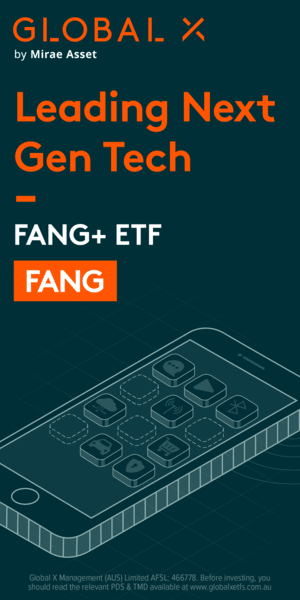Commodities refer to basic raw materials and goods traded in standardized forms on the global market, such as metals, energy, agricultural products, and precious metals. They play a significant role in the global economy and hold great importance for investors and economic observers.
For example, oil is a crucial commodity used for fuel, chemical raw materials, and various product manufacturing.
According to data from the U.S. Energy Information Administration (EIA), global crude oil production is approximately 10 million barrels per day, while global crude oil demand is around 95 million barrels per day. This indicates that oil is a widely demanded commodity, and its price and supply situation have significant impacts on the global economy.
Additionally, gold is also one of the major commodities.
Gold is widely used in jewelry, industrial applications, and the financial sector. Based on data, daily trading volume of gold futures contracts often exceeds 100,000 contracts, with each contract corresponding to 100 troy ounces of gold (a troy ounce is around 10% heavier than a normal ounce). This means that the daily trading volume of gold futures can surpass 10 million troy ounces. The high liquidity and substantial trading volume in commodity trading enable investors to swiftly buy and sell these commodities for investment gains or risk management.
Commodities serve multiple purposes and hold various values in investments.
Firstly, they can act as hedging instruments as commodity prices typically exhibit negative correlations with stock and bond markets. When other markets experience turmoil, investors often shift funds to the commodity market to diversify risks.
Secondly, commodities can serve as a hedge against inflation. As commodity markets are influenced by supply and demand factors, commodity prices often rise when the economy expands, and inflation expectations increase, thereby preserving or increasing value. Therefore, investors can hold commodities to offset the impact of inflation on their investment portfolios.
Furthermore, the commodity market provides investors with diversified investment opportunities. Investors can choose to invest directly in physical commodities, such as purchasing gold, copper, or oil. Additionally, they can indirectly participate in the commodity market through financial instruments like futures contracts, exchange-traded funds (ETFs), and commodity funds.
When investing in commodities, investors should consider the following points:
- Forms of commodity trading;
Commodities generally have three forms of trading: spot trading, options trading, and over-the-counter (OTC) trading.
In the spot market, trading parties negotiate prices and delivery methods, and the actual delivery time is usually short. Options are financial derivatives that grant the holder the right to buy or sell commodities at a predetermined price in the future. Besides exchange-based markets, commodities can also be traded OTC, also known as off-exchange or non-standardized trading. In this form of trading, transactions are conducted directly between investors, and contract terms and conditions can be flexibly adjusted according to both parties’ needs.
- Risk management;
Commodity markets can be highly volatile, so investors should set reasonable stop-loss points and profit targets, and adopt appropriate risk management strategies, such as diversifying their investment portfolios and using stop-loss orders.
- Beware of leverage;
Commodity trading often involves leverage, where a small amount of capital can control a larger position, but it also increases risk. Investors should understand the characteristics of leveraged trading and manage their funds prudently.
In conclusion, commodities are an integral part of the global economy and offer investors diversified investment opportunities and risk management functions. If you intend to participate in the commodity market, you should invest rationally and adopt appropriate risk management measures based on your investment objectives and risk tolerance!



